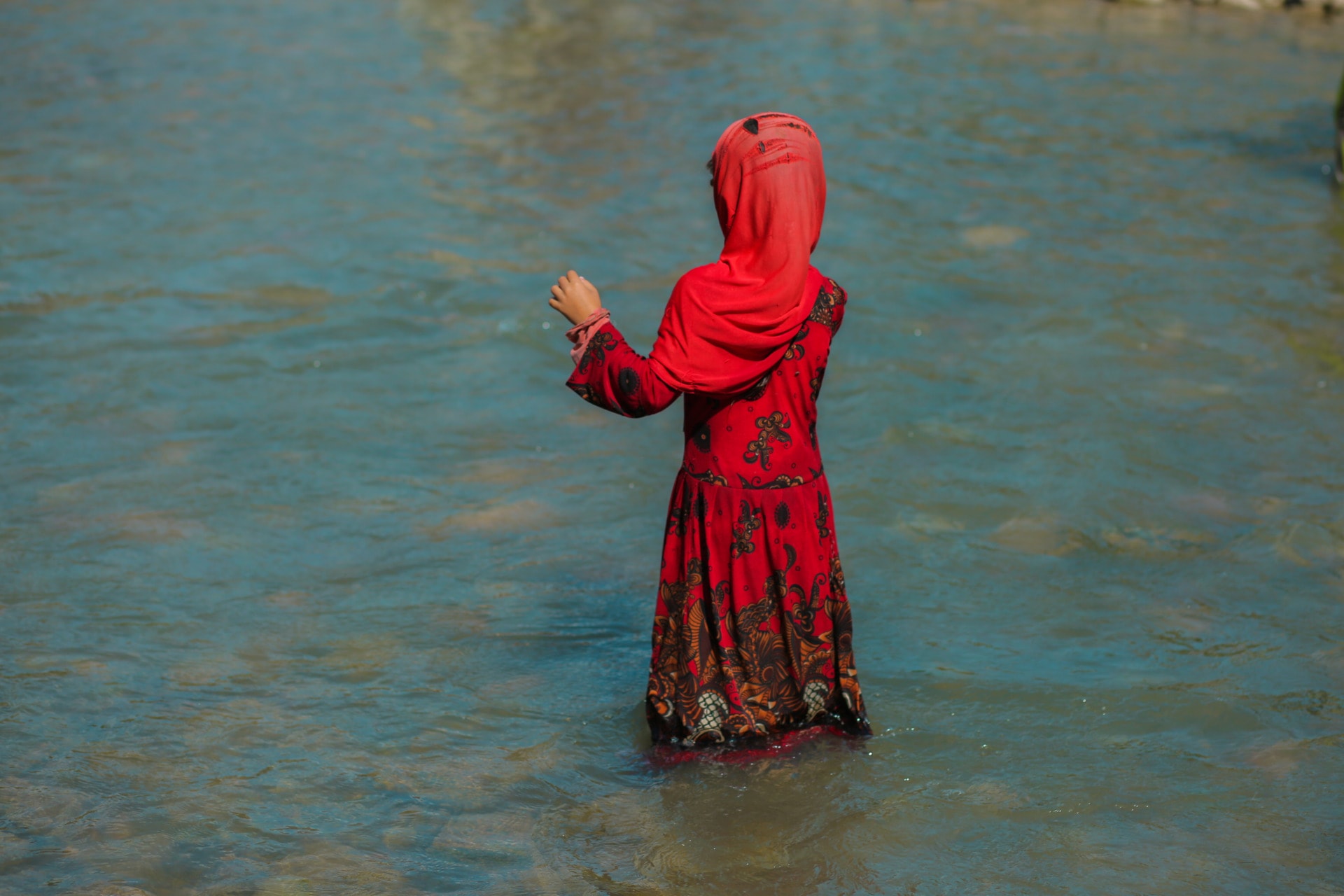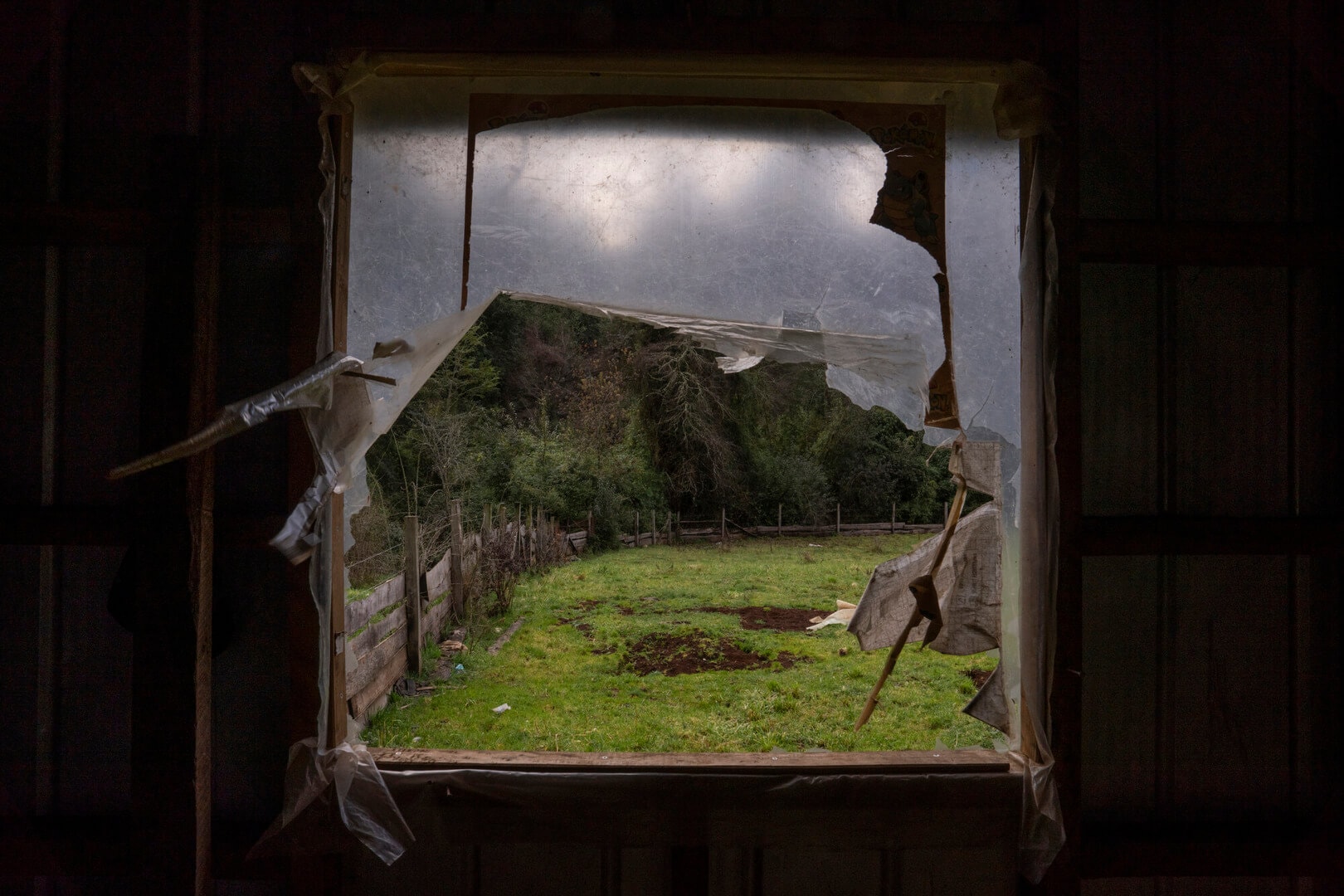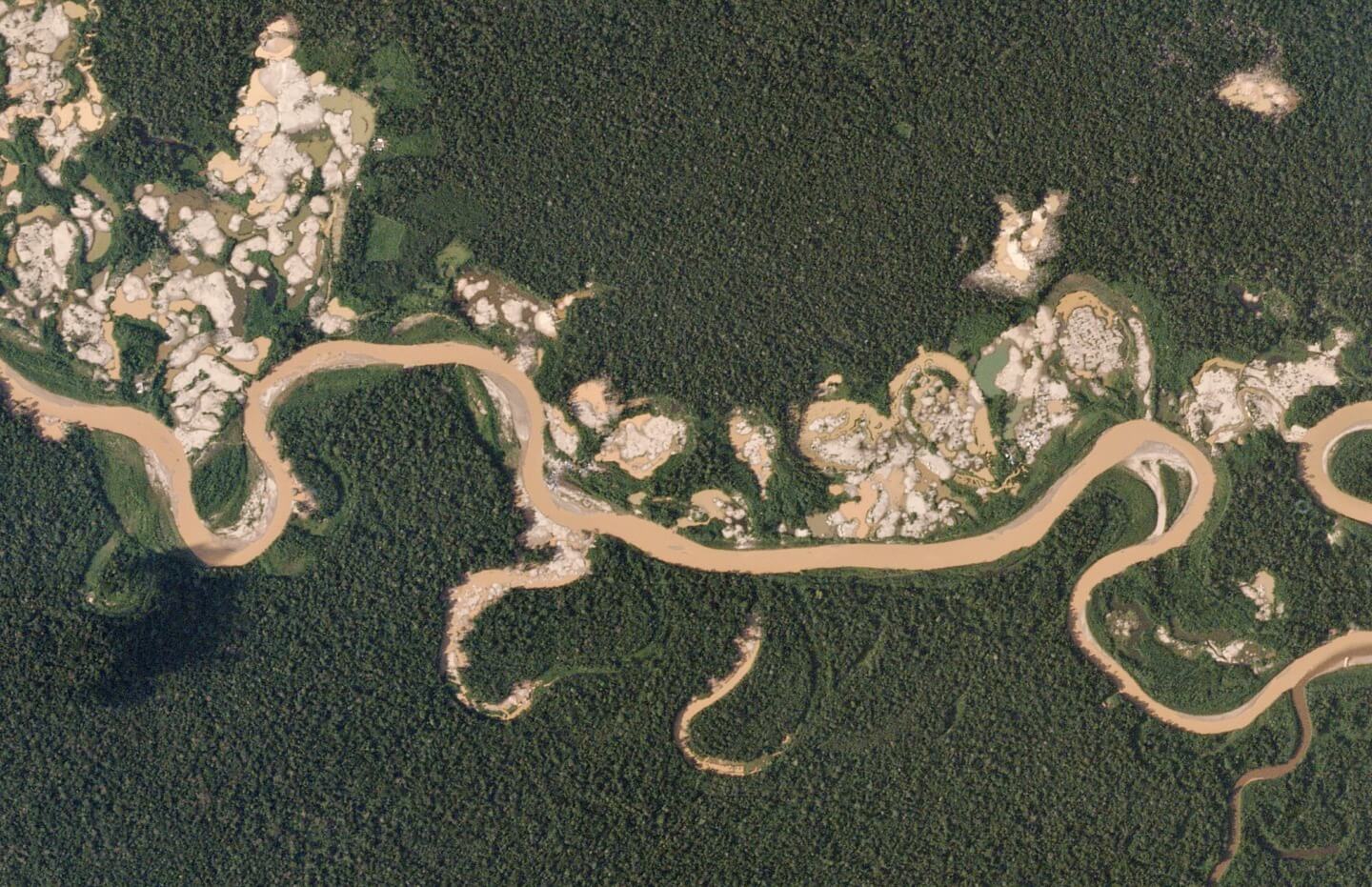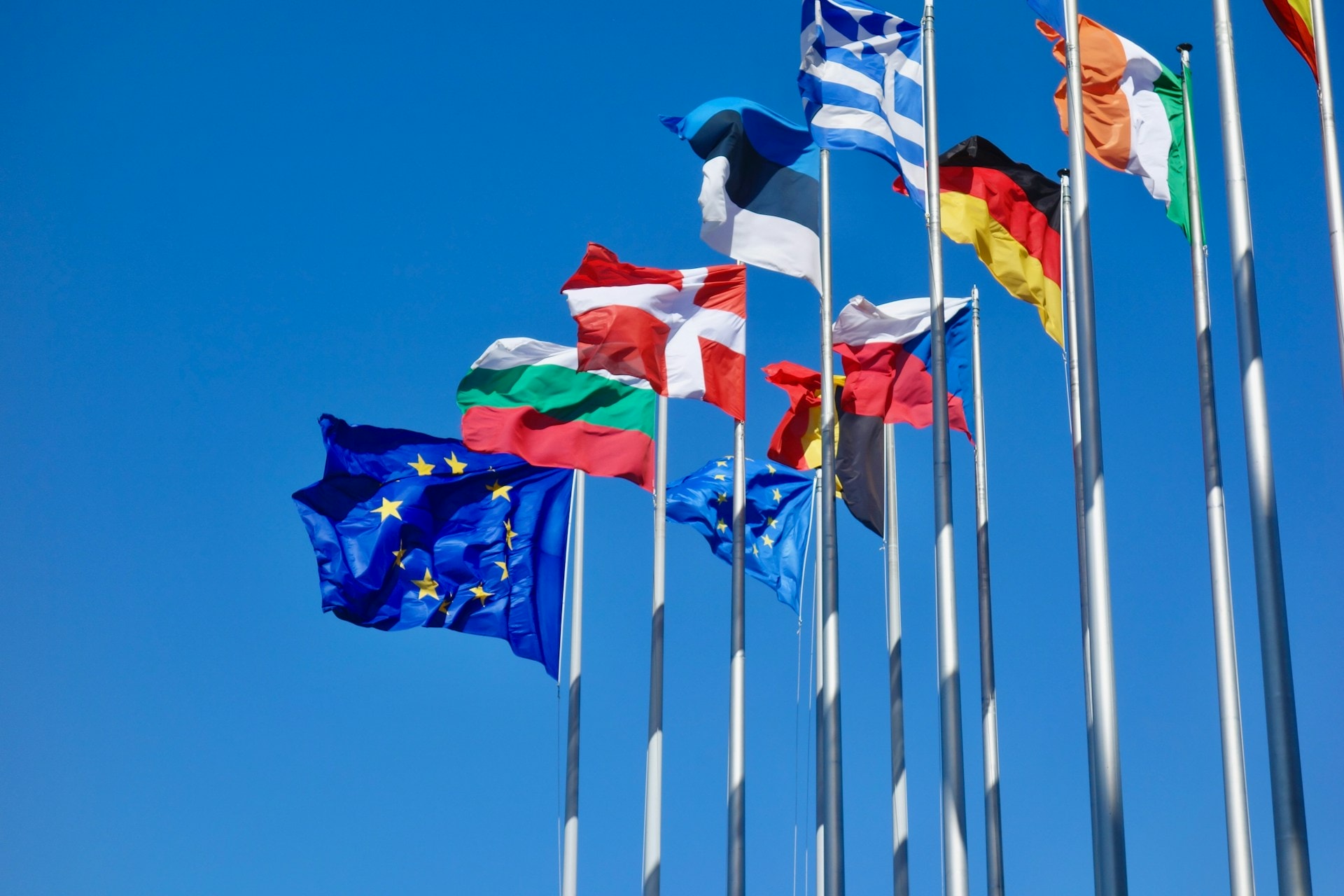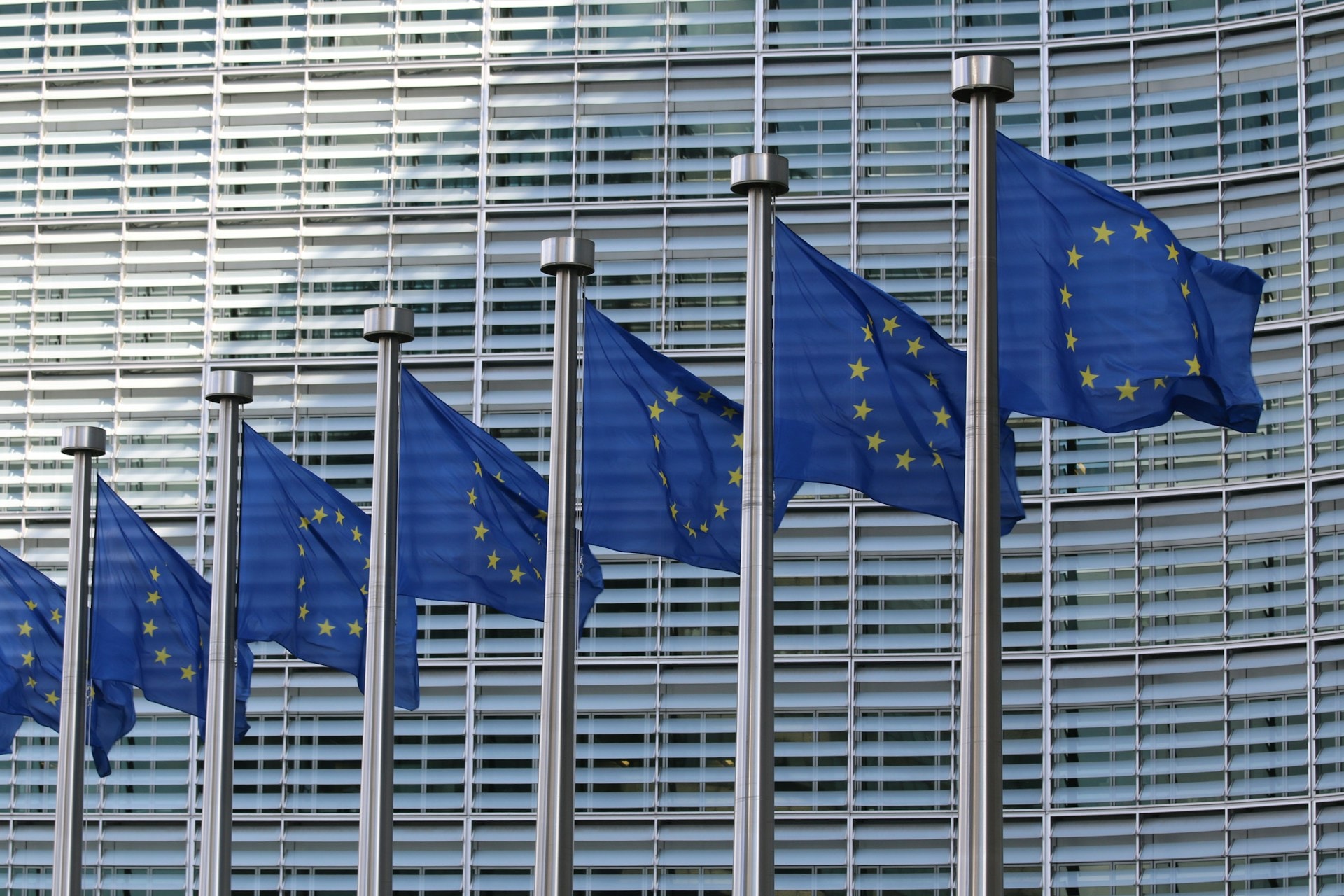Hope, Uncertainty, and the Role of News
The 16th World Summit of Nobel Peace Laureates took place on February 2-5 in Bogota, Colombia. Recognized as one of the world’s most important peace building meetings, the annual event brings together Nobel Peace laureates and numerous organizations to address global issues, encourage and support peace and human well-being around the world. This year, they gathered once again, under the spirit of addressing global challenges while focusing on the Colombian peace process. Organized by the Bogota Chamber of Commerce (CCB) and the Summit’s Permanent Secretariat, this was the first time it took place in Latin America.
The event also counted with the presence of FARC Ex-combats, victims, social and NGOs, academic institutions, members of the negotiation teams, including Humberto de la Calle from the Government (right) and Iván Márquez chief FARC negotiator (left), amongst many others.
Photo Credit: Bogota Chamber of Commerce
It brought together several Nobel Peace Laureates including 2017 Nobel Peace laureate, Juan Manuel Santos, President of Colombia; former presidents: Oscar Arias, of Costa Rica; Lech Walesa, of Poland, and José Ramos-Horta of Timor-Leste; Lord David Trimble, Northern Ireland’s former First Minister, Yemeni Human Rights campaigner Tawakkol Karman, founder of Women Journalists Without Chains, antipersonnel mine activist Jody Williams founder of the International Campaign to Ban Landmines; Liberian women’s activist Leymah Gbowee founder of the Gbowee Peace Foundation Africa; Guatemalan activist who campaigns worldwide for indigenous rights Rigoberta Menchú; Egyptian diplomat Mohamed ElBaradei; Indian children’s rights advocate Kailash Satyarthi. Also Irina Bokova, Director-General of UNESCO, and Richard Branson, Founder of the Virgin Group, who received a peace award for in recognition of his work in global peace building.
Among the thousands of people who attended, it was impossible not to feel the overarching hopefulness this kind of event inspires. But also evident was the local skepticism over the peace process, and its implementation remains divided. At the same time, the Summit which promotes humanitarian and non-violent thinking in support of human values was taking place three days after President Trump signed an order banning the entry of nationals from seven Muslim-majority countries into the United States and continues to advocate for building a wall at the US-Mexican border. The dichotomies of the situation have become common ground. Thus, we seem to live in a constant debate between hope and fear stemming from growing political and economic uncertainty.
Many lessons emerged from the Summit since there were dozens of events and intimate gatherings where the laureates spoke directly to community leaders and students. It focused on the role of youth and linked peace to several issues such as democracy, reconciliation, the private sector, sustainable development, diversity and inclusion, tourism among others.
Here, I would like to share four lessons from this event that I think can be extended to multiple situations during these challenging times.
1. There is always hope
I know it sounds like a cliché, but if we can learn something from those who have faced war, conflict, and violence, it is acting upon the belief that things can be better than they are. As former President of Costa Rica and 1987 Nobel Peace laureate Óscar Arias Sánchez said:
If we humans are something, that is resilient. We can always find a way.
In the case of Colombia, a country once on the verge of becoming a failed state, the possibility of a negotiated solution to the conflict seemed impossible a few years ago. However, and against all the odds, today it is a reality. “Peace is Possible” was the Summit´s message of hope and it couldn’t have been more timely. The event took place while Colombia initiates the end of a 52-year internal conflict that has killed more than 220,000 people and internally displaced 7 million. After finally reaching an accord with the Revolutionary Armed Forces of Colombia (FARC), a controversial plebiscite that divided the country´s public opinion, and making various amendments to the official agreement, the country now faces multiple challenges related to implementation uncertainty.
During the Summit, thousands of FARC members moved into 26 demobilisation camps in rural areas around the country where they will turn over their weapons, start a reintegration process, and create a pacific political movement. The government has also officially started talks with the National Liberation Army (ELN), the second-largest guerrilla group in the country. All of this was not planned. As Ekaterina Zagladina, President of the Permanent Secretariat pointed out during the opening ceremony, when they decided to bring the Summit to Colombia more than a year ago “It was uncertain that the peace process would be successful, and of course we did not know that President Santos would be the new Peace Nobel Laureate.” Nobody knew what would happen, but hope – and some say faith – played a significant role in the unfolding events.
 Photo Credit: Revista Semana
Photo Credit: Revista Semana
Related article: “THE DCR – FINDING HOPE AMIDST AFRICA’S WORLD WAR“
2. Uncertainty and fear are not good advisers
Uncertainty or unknown future outcomes of current situations affect the way we behave in the present and the choices we make. More specifically, high levels of uncertainty can lead to fear and, as Colombia President and 2016 Nobel Peace laureate Juan Manuel Santos pointed out, “Fear feeds hate; where there´s fear, violence and discrimination emerge.” Furthermore, fear can be used to manipulate people’s opinions and perceptions as we have seen in the last year.
In the case of Colombia, it is normal to have high levels of uncertainty in a peace building process. Notably, the effects of war have influenced people in different ways, leading to mixed feelings and opinions. Not everybody has experienced the same, and at this point distrust is understandable. Addressing the topic of reconciliation after so many atrocities and so much pain is not easy. As former President of East Timor and 1996 Nobel Peace laureate José Ramos-Horta said, “Forgiving those who hurt us is not easy, neither to erase the bad memories, to avoid the nightmares, but desiring revenge will never let us move forward.” Likewise, he invited those who do not agree with the process to give peace a chance, to allow for time in order to see the benefits of peace.
Photo Credit: Bogota Chamber of Commerce
On the one hand, the peace agreement represents a massive opportunity for Colombia. On the other hand, it brings an enormous amount of challenges regarding security and development opportunities. Evidently, while we celebrate demobilization, new threats emerge as FARC is leaving a void other groups are willing to fill. Thus, the government needs to secure and guarantee territorial control as well as protect community leaders – a population violently targeted since the beginning of the negotiations. It is also necessary to strengthen Colombia’s Transitional Justice Process. All these actions are essential despite President Santos’ low popularity levels. Peace belongs to all Colombians, something we should not forget.
Sebastián Cadavid, a demobilized FARC member, noted: “Peace does not occur as a single event. It is an everyday process in which forgiveness plays a significant role.” Signing a peace document is easy; living in peace is more difficult. Thus, it is important to recognize Colombia has come a long way, but there is still a lot more to go. Achieving forgiveness and reconciliation among Colombians remains a difficult and challenging part of the process. The country needs to reconnect and recognize not only as victims or perpetrators, but survivors and, as Yemeni journalist and 2011 Nobel Peace laureate Tawakkol Karman said, “exceptional heroes.”
In this case, disarmament means more than abandoning weapons; it means disarming our hearts and minds.
3. More news doesn’t make you smarter, nor does it reduce uncertainty – quite the contrary
 The role of news in our daily interactions and the ways in which we understand the world has become critical in times of uncertainty. Mainly, the constant repetition of news we get from regular and social media about issues we think we cannot act upon makes us passive.
The role of news in our daily interactions and the ways in which we understand the world has become critical in times of uncertainty. Mainly, the constant repetition of news we get from regular and social media about issues we think we cannot act upon makes us passive.
As we saw with the Colombian Peace process, Brexit, and the election of Trump, first we are outraged and then pessimistic to deal with those awful realities. Some turn to sarcasm, some to fatalism, even sadness. Of course, it is not that these emotions are unwarranted. However, those reactions affect our physical and mental health. Furthermore, they lead us to miss the big picture: many news pieces are merely bubbles popping on the surface of a deeper world. Consequently, excessive news leads us to walk around with an entirely wrong risk map in our head. As psychologist and 2002 Nobel Prize laureate in Economics Daniel Kahneman, one of the two non-economists who have received the award, puts it:
People tend to assess the relative importance of issues by the ease with which they are retrieved from memory—and this is largely determined by the extent of coverage in the media.
Consequently, news feeds one of our biggest cognitive errors: confirmation bias. It means we interpret all new information so that our previous conclusions remain intact. We seek information that reinforces and confirms what we already believe, sometimes we even fall prey to fake news. This can have an enormous impact on our daily lives, our perceptions of reality and the world.
Many good things happening everyday everywhere do not make it to the news. A case in point is the work of Peter Diamandis and Steven Kotler and Johan Norberg who found substantial evidence that the world is getting better and use charts to present positive developments made in recent years. Of course, I am not suggesting we all should live in a bubble away from all the information that can make our lives unpleasant. What I am saying is we do need to be more aware of the contexts, of the big picture, and especially to see ourselves as more than merely information consumers. As the author of the Black Swan, Nassim Nicholas Taleb said:
More data—such as paying attention to the eye colours of the people around when crossing the street—can make you miss the big truck.
Related article: “WHY FAKE NEWS GOES VIRAL”
4. We can take back control eace
We need to take control of how to react because as noted by Arianna Huffington in her piece, “How to Get Out of the Cycle of Outrage In a Trump World“, only then we will be able to mitigate the effects of those realities. Similarly, Nobel Prize in Economic Sciences laureate Joseph Stiglitz suggests being vigilant and resist at every turn.
Many participants of the Summit pointed out the Colombian Peace process is sending a needed message of hope to the world. In the words of Richard Branson, Colombia “is showing us all the power of forgiveness and reconciliation in making our world a better place.” Yet, skepticism prevails and considering this I emphasized what José Ramos Horta noted:
It takes courage to make war, but it takes, even more, courage to achieve peace.
As a way of having the needed courage, I invite you to take back control of your reactions and emotions. Uncertainty and the fear it creates can be paralyzing, looking for information to better understand what is going on can easily make us prey of other people’s beliefs and agendas. However, courage is necessary as people in Colombia or anywhere cannot just sit back and wait for the government at any level to do it all. Thus, ask yourself:
What are you doing to help build peace?
What are you doing to leave this world a better place than you found it?
Recommended reading: “TRUMP TYRANNY AND THE POLITICS OF RESISTANCE“






